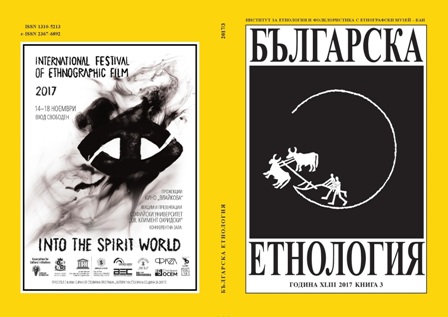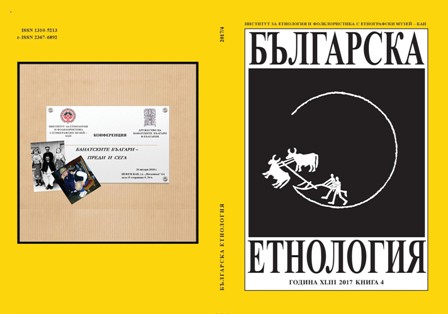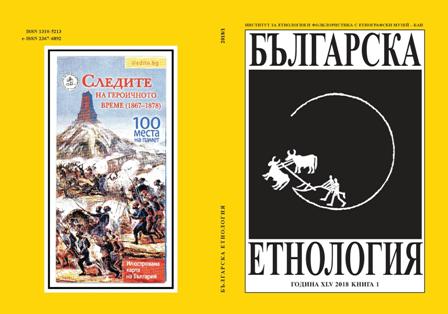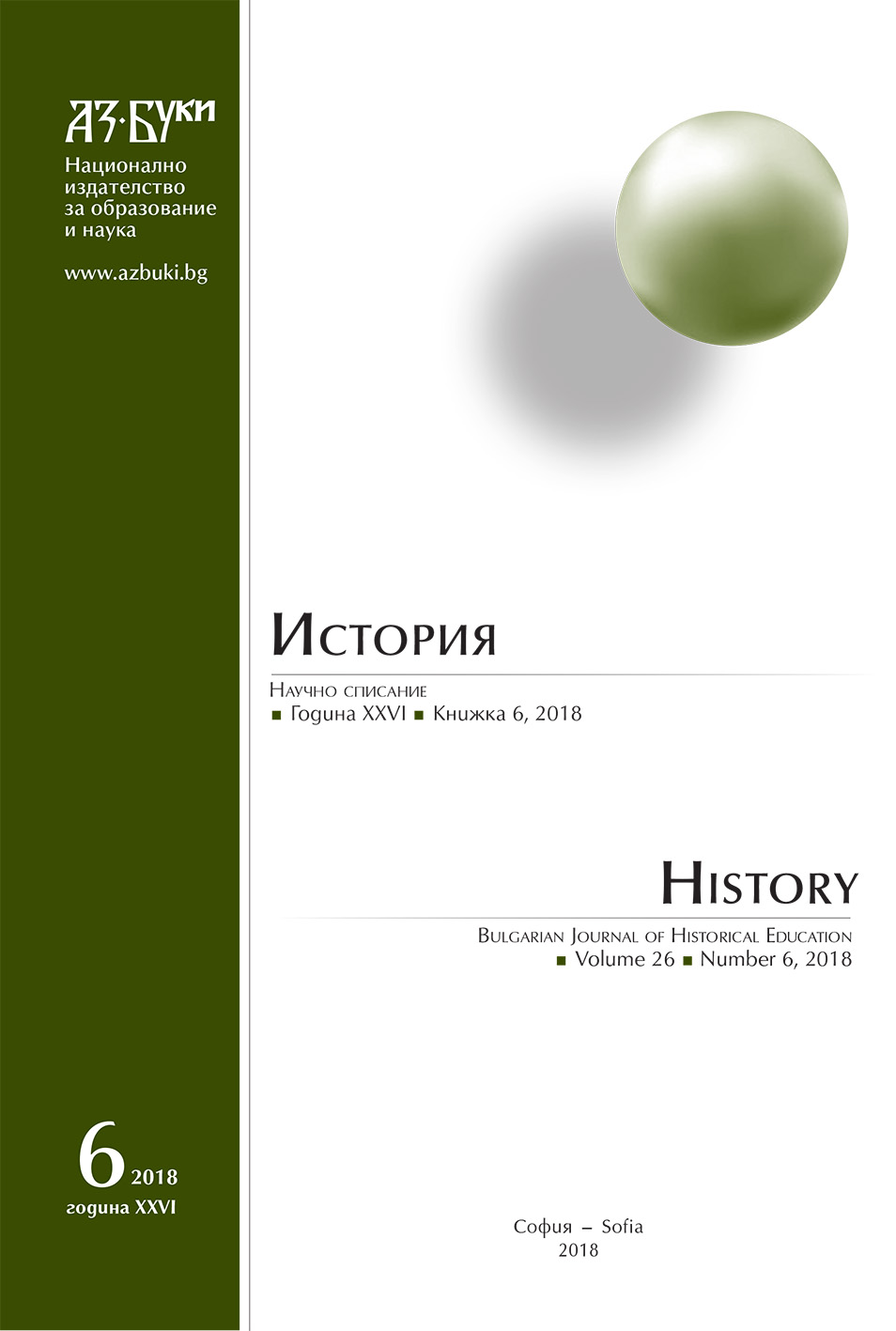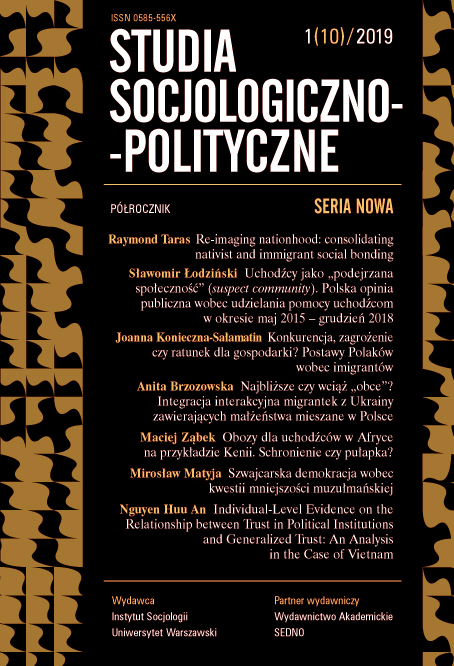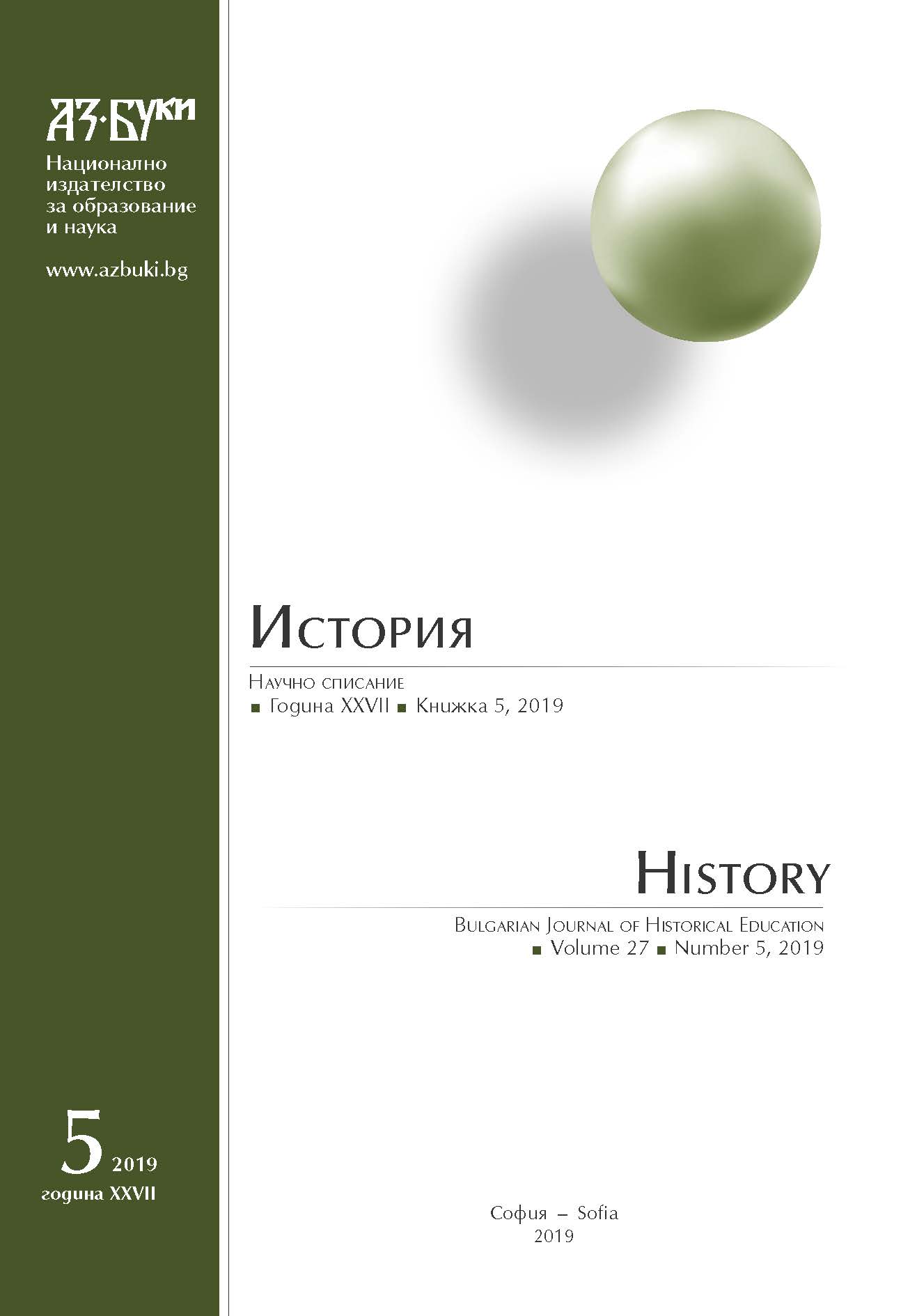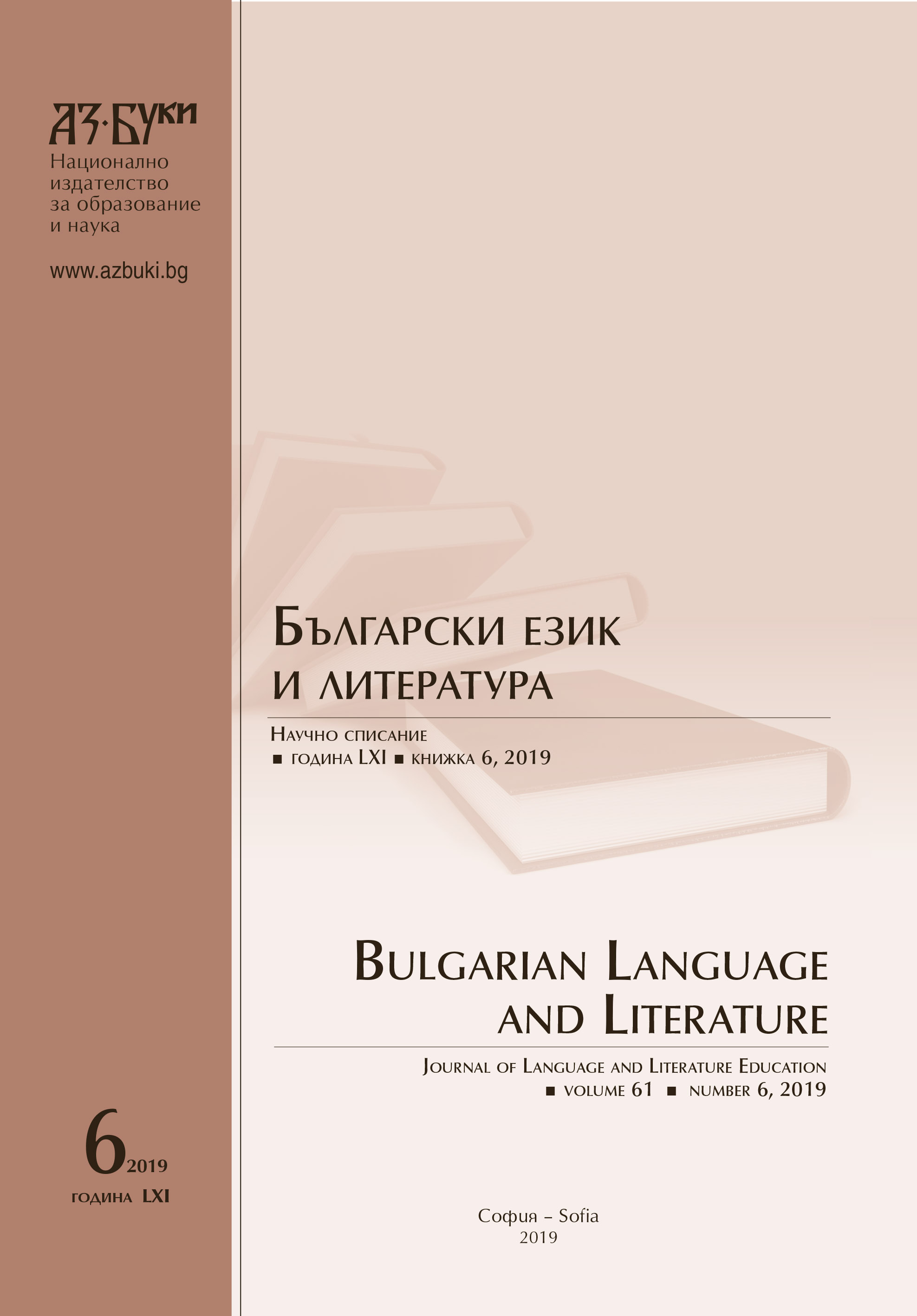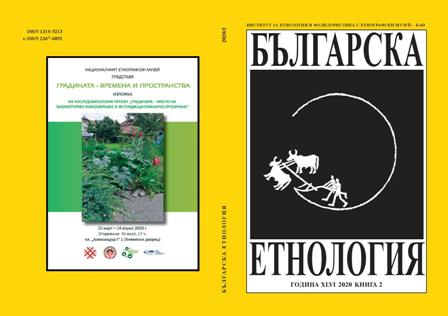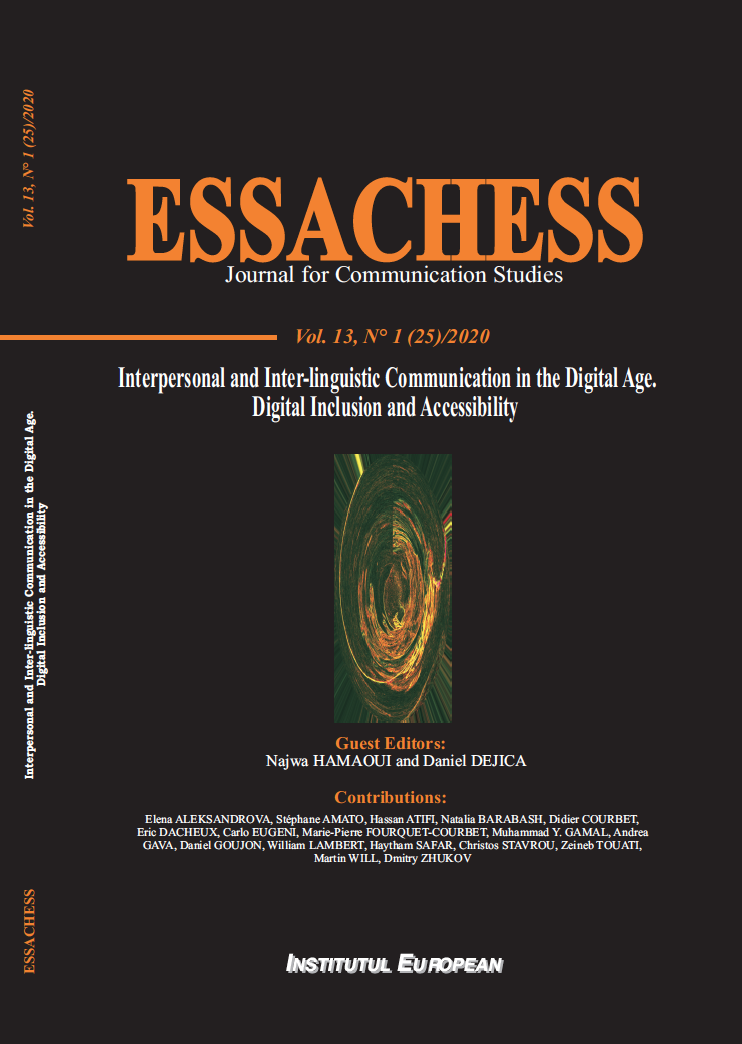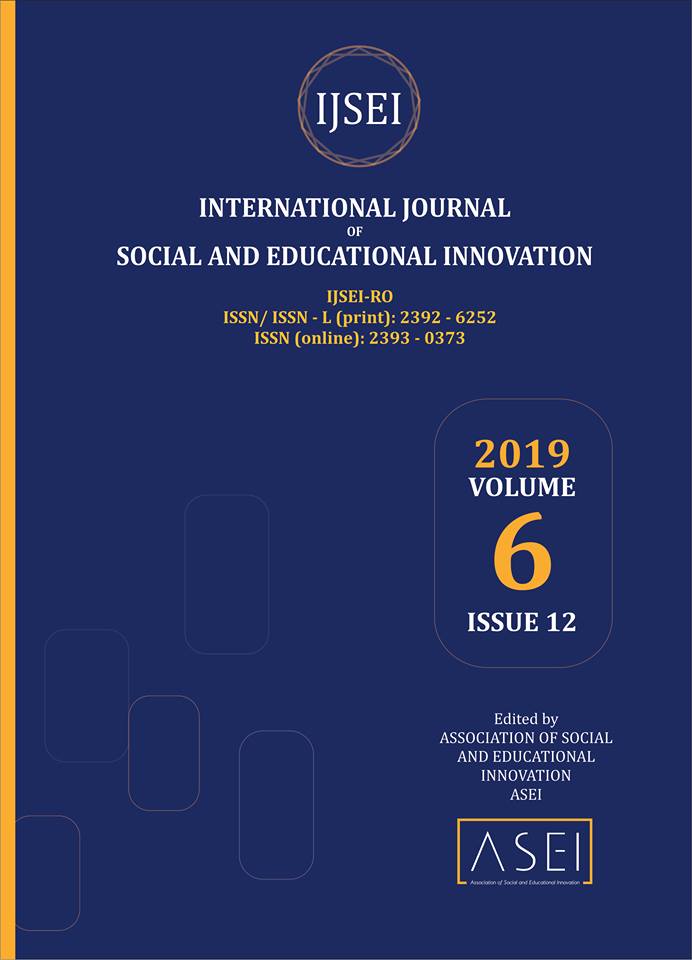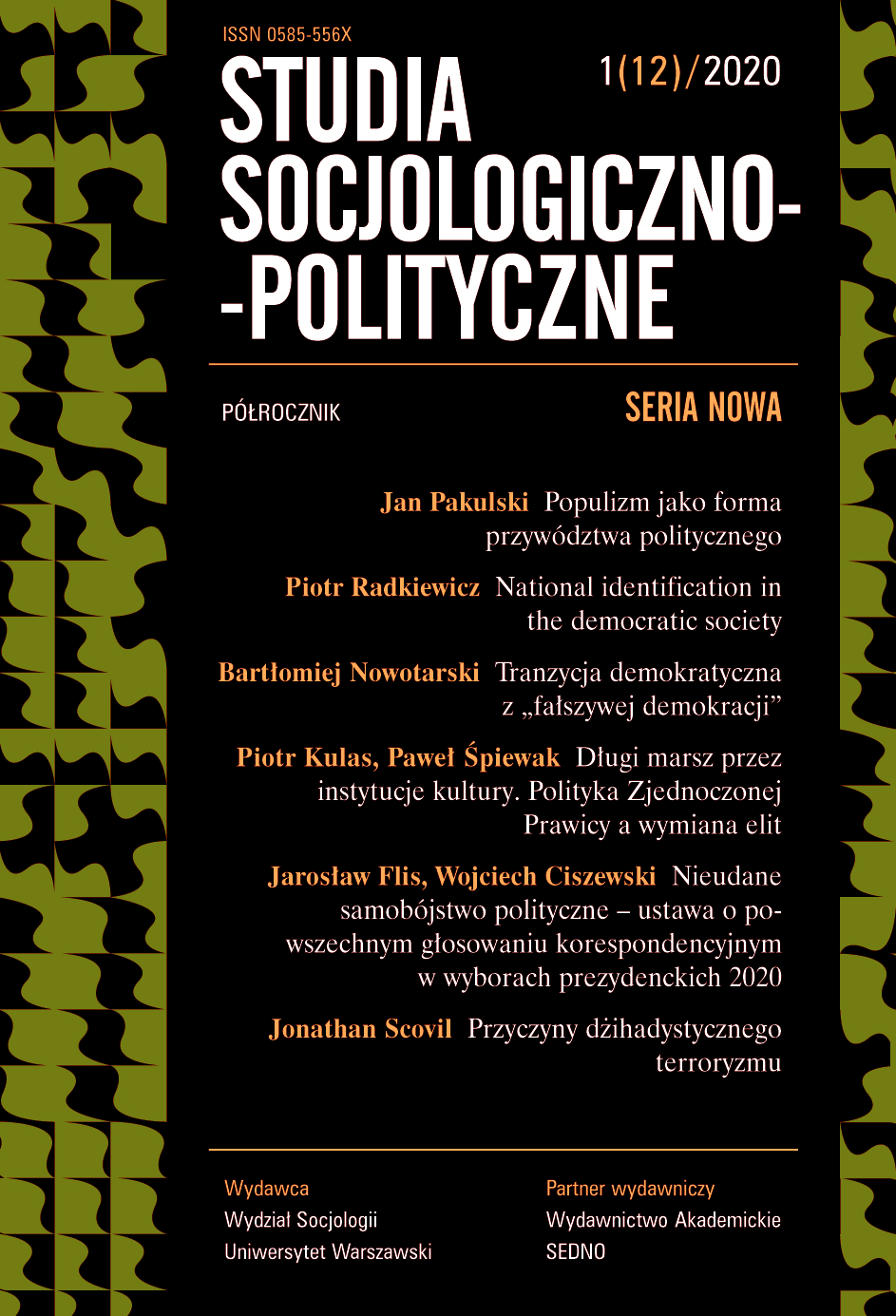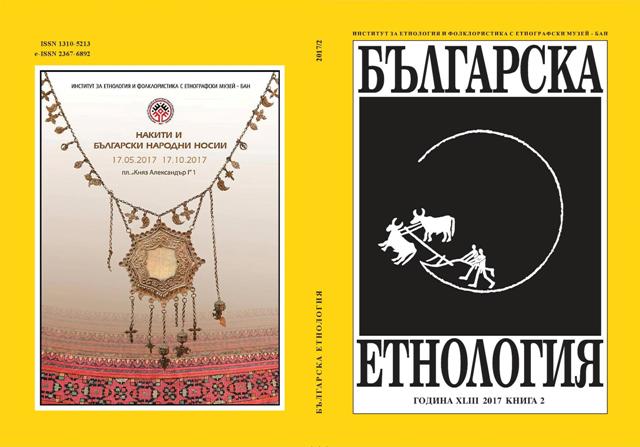
Пътища за никъде: eвропейски политики за социално включване на ромите
In the last years, the “Roma topic” attracts an increasing interest and takes a fopemost place in the public sphere of united Europe; hence, the Roma policies become a significant challenge on national and European level. Before analyzing the contemporary political discourses about the integration and the social inclusion of Roma, however, it is obligatory to know very well the previously existing state policies toward the Gypsies from the time of their arrival in Europe in the Middle Ages until today. Since a great number of the Roma population continues to live in the countries of Eastern Europe, the policies of the states which formed the “socialist camp” after World War II are very important. The analysis of the existing main political discourses about the Gypsies/Roma (and mostly of their results) should be the basis for the analysis of the contemporary national and European discourses about the Roma policies. Based on this, the achievements and the failures of those policies may find explanation and some prognoses about their results (or the lack of such) could be made.
More...
